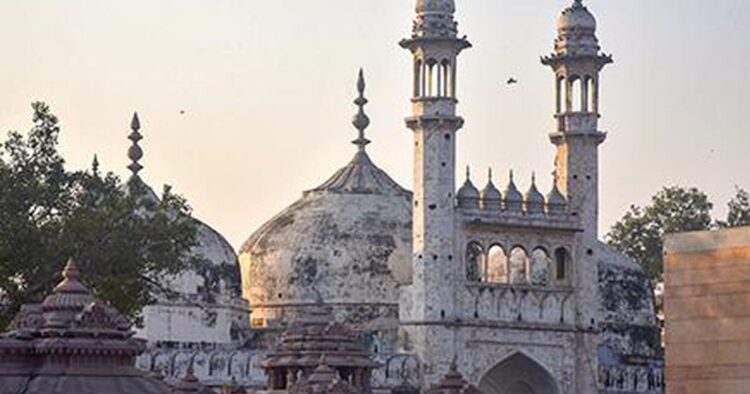In a recent ruling, the Supreme Court of India has made a decision regarding the religious practices at the Gyanvapi mosque in Varanasi. The court has refused to halt Hindu prayers being conducted in the southern cellar of the mosque. However, it has ordered that the status quo be maintained on religious observances by Hindus within the mosque premises.
The court’s decision comes after considering the religious practices of both the Hindu and Muslim communities. It noted that while Muslim prayers (Namaz) have been offered without interruption following previous court orders, Hindu prayers (pooja) by priests are limited to a specific area within the mosque known as the tehkhana.
The Supreme Court emphasized the importance of allowing both communities to worship without disruption. By maintaining the status quo, it aims to facilitate peaceful religious observances for both Hindus and Muslims at the Gyanvapi mosque.
Furthermore, the court has scheduled the plea filed by the Gyanvapi mosque committee against the permission granted for Hindu puja in the southern cellar for final disposal in July. This indicates that the court will further examine and decide on the matter later this year.
The decision of the Supreme Court is significant in the ongoing debate over religious practices at the Gyanvapi mosque. It reflects the court’s efforts to balance the religious rights and sentiments of both Hindus and Muslims while ensuring harmony and peace in the region.
The ruling has garnered attention and sparked discussions among various religious and community groups. Many await the final disposition of the case in July to see how the court will ultimately resolve the issue of religious practices at the historic Gyanvapi mosque in Varanasi.

















Comments